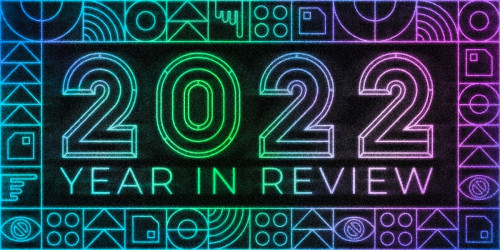This morning, the Third Circuit Court of Appeals in Philadelphia issued its highly anticipated ruling in a hotly contested cell phone location privacy case. EFF filed a friend-of-the-court brief and participated at oral argument in the case, arguing that federal electronic privacy law gives judges the discretion to deny government requests for cell phone location data when the government fails to show probable cause that a crime has been committed.
The Third Circuit today agreed with EFF, holding that federal law allows judges the discretion to require that the government obtain a probable cause search warrant before accessing cell phone location data. The Court further agreed with EFF that location information that can be used to demonstrate or infer that someone or something was in a private space such as the home may be protected by the Fourth Amendment, rejecting the government's argument that the privacy of location records held by phone companies is never constitutionally protected. Although the court did not definitively rule on the Fourth Amendment status of cell phone location information, it made clear that under some circumstances the privacy of such data could be constitutionally protected, and that judges have the discretion to require a warrant to avoid potentially unconstitutional seizures of location data.
The appeals court has remanded the case back to the original magistrate judge that initially denied the government's request to obtain cell phone location data without probable cause, asking the lower court to shore up its original decision with new fact-finding into the government's need for the requested data and the precision of that data in identifying a person's location. EFF looks forward to participating in those proceedings and opposing any attempt by the government to appeal today's decision. Thanks to our colleagues at the Center for Democracy and Technology, the American Civil Liberties Union and the ACLU of Pennsylvania for participating with us as friends-of-the-court in this case, and special thanks to Professor Susan Freiwald of the University of San Francisco Law School, who also submitted a brief and participated at oral argument along with EFF's Kevin Bankston.










